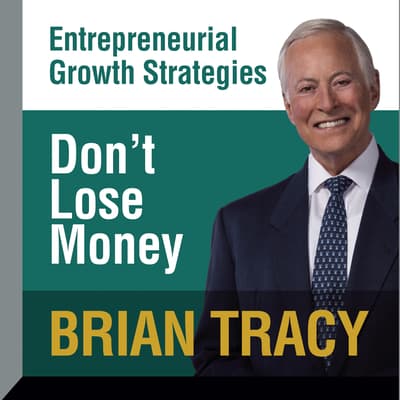

companies, and they’re incredibly well funded. There’s going to be Nikola and Rivian and a few other E.D. So you’ve got this whole industry of dinosaurs and this one disruptor, and presumably, there’s going to be more of them. None of them have successfully made the transition. car manufacturers from the Americans to the Germans to the Japanese, they’re not. And all the old internal combustion engine or I.C.E. But they are part of the future, right? Electric cars are part of the future. I think the difference today, let’s take Tesla as a for instance. All kinds of consumer categories did perfectly fine in the future. Hotels and lodging going to do perfectly fine. There were a lot of industrial businesses that were going to do perfectly fine. I mean, I think what’s different today versus 1999, back in 1999, the distinction was ultimately very capricious. For you, has that meant that there are things that really have been off of the general public’s radar that are particularly attractive right now? So we have a market that has been driven by a handful or maybe two handfuls of stocks. That being the case, investors have been going for what feels safe, et cetera. And it just seems to me a little bit dangerous to extrapolate the here and the now too far into the future. There’s certainly a lot of science directed at it. We’re all hoping we have a vaccine sometime in the next 12 months. But I think it would be very dangerous to just extrapolate current economic and day to day usage patterns well into the future. So the digital economy, doing great, to some extent accelerating due to the pandemic with things like Zoom and work from home. And there’s all kinds of activities, like flying and going to restaurants and on down the line that you can’t do in a normal way and be safe, whereas if you’re interacting with a digital screen, you can do that in a cloistered manner and be perfectly safe. So we know the physical economy, that’s taking it on the chin because of the pandemic.
BRIAN MONEYMONEY MONEY SOFTWARE
The new economy was chips and software and computers and things like … anything that used a lot of electrons, basically.Īnd today I’d say you have kind of a similar parallel where you have the digital economy and the physical economy. Back then, people talked about the new economy and the old economy. In terms of market conditions, Chuck, it’s way more similar to the latter part of 1999, when you had the tech bubble and you had rampant speculation and tech names. I mean, the pandemic is more like a war than a normal recession, where you just have to drop everything you’re doing and fight the war because that’s just existential.

Yeah, yeah, no, it is a very different circumstance. And I’m curious right now, for you as a stock picker, as somebody who examines markets, does what we’re seeing now, remind you of that last time we were talking in 2007, when things were frothy? Or does it remind you of, say, internet bubble days when we first started talking, when things were frothy? I mean, is there some memory here that says we should be looking at this and seeing something that reminds us of those times, even though pandemic is totally different circumstance?

But before that we had talked reasonably often. Appreciate the time.Īnd the interesting thing is that the last time we spoke was in 2007, before the market got into the 2008 troubles. Brian Barish, Thank you so much for finally joining me on Money Life. You should be too because I think you’re in for a treat. I was at Market Watch and we were doing some podcasts and talking about stocks, and he was a great interview.Īnd then I stopped doing that version of the show, and I have never been able to get him onto Money Life until right now. But Brian had the longest streak of beating the S&P. Bill’s fund just fell off and actually disintegrated pretty much after that in terms of its performance. I mean, he had earned it, but Bill Miller from Legg Mason Value Trust had had this long streak of beating the market. At the time, he had just inherited the longest winning streak. And unless things have changed in the last 13 years, you’re in for a treat.Īnd I know this because, well, back around 2007 was the last time I talked to Brian. They’re on Twitter Brian is the portfolio manager for the Cambiar Opportunity Fund. If you want to learn more about the firm, it’s. He is president and chief investment officer at Cambiar Investors. And I’ll explain it as I tell you that my guest today is Brian Barish. And I am particularly excited for this interview because I can tell you, I have waited for this interview for well over a decade. Welcome to the big interview on today’s show. Click here to learn more about Money Life.


 0 kommentar(er)
0 kommentar(er)
